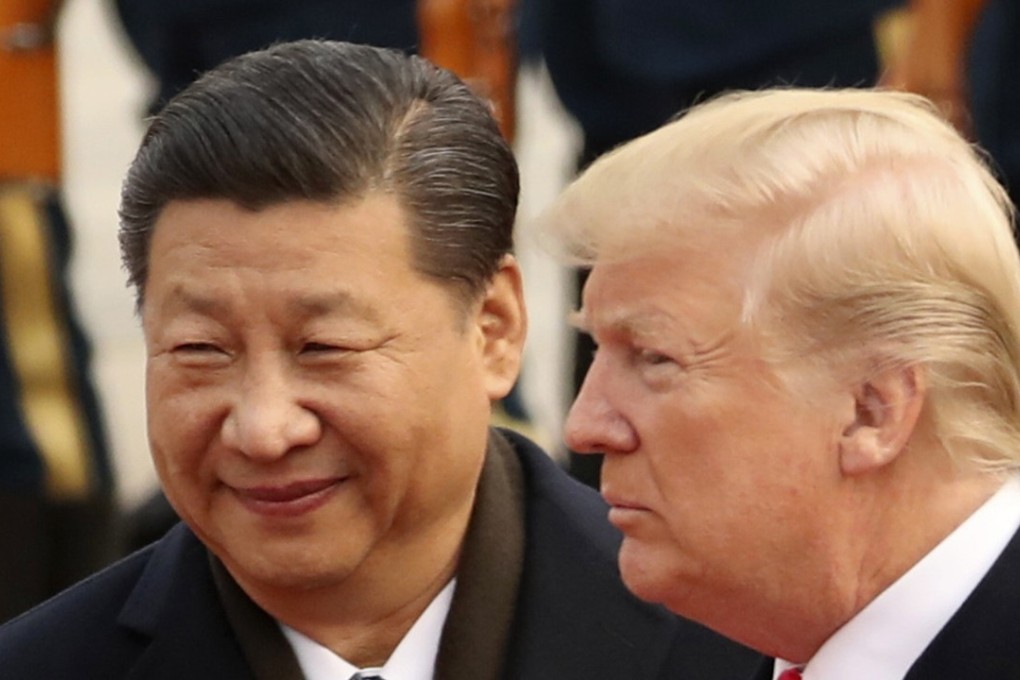How China’s economic reformers are using US trade war to push demands for opening up
- Pro-reform intellectuals, including people close to Vice-Premier Liu He, are urging policymakers to open up economy further and implement pro-market reforms
- Calls to introduce level playing field and end preferential treatment of state-owned enterprises mirrors many of Washington’s demands

Chinese intellectuals, including several figures close to the country’s chief trade negotiator Liu He, are using the trade war with the United States to press Beijing to reform and further open up the economy.
About a dozen intellectuals in government-backed think tanks have been calling for key reforms through lobbying Liu, the country’s vice-premier, and other policymakers “in oral or written forms”.
Many of these correspond to America’s demands – such as ending subsidies and preferential treatment, reducing the emphasis on state-owned enterprises, treating companies equally and making China a real market economy, according to sources involved in the endeavours.
“We are not organised, but found others have been doing the same thing recently,” one of the sources said. “We recognise the pressure from the trade war could catalyse the decision to deepen reforms. We decided not to miss the chance to influence policymakers before the showdown at the G20 summit.”
Chinese President Xi Jinping and his US counterpart Donald Trump are expected to have face-to-face talks at the G20 summit in Argentina over the weekend and it is believed that China is ready to make a deal to defuse trade tensions.